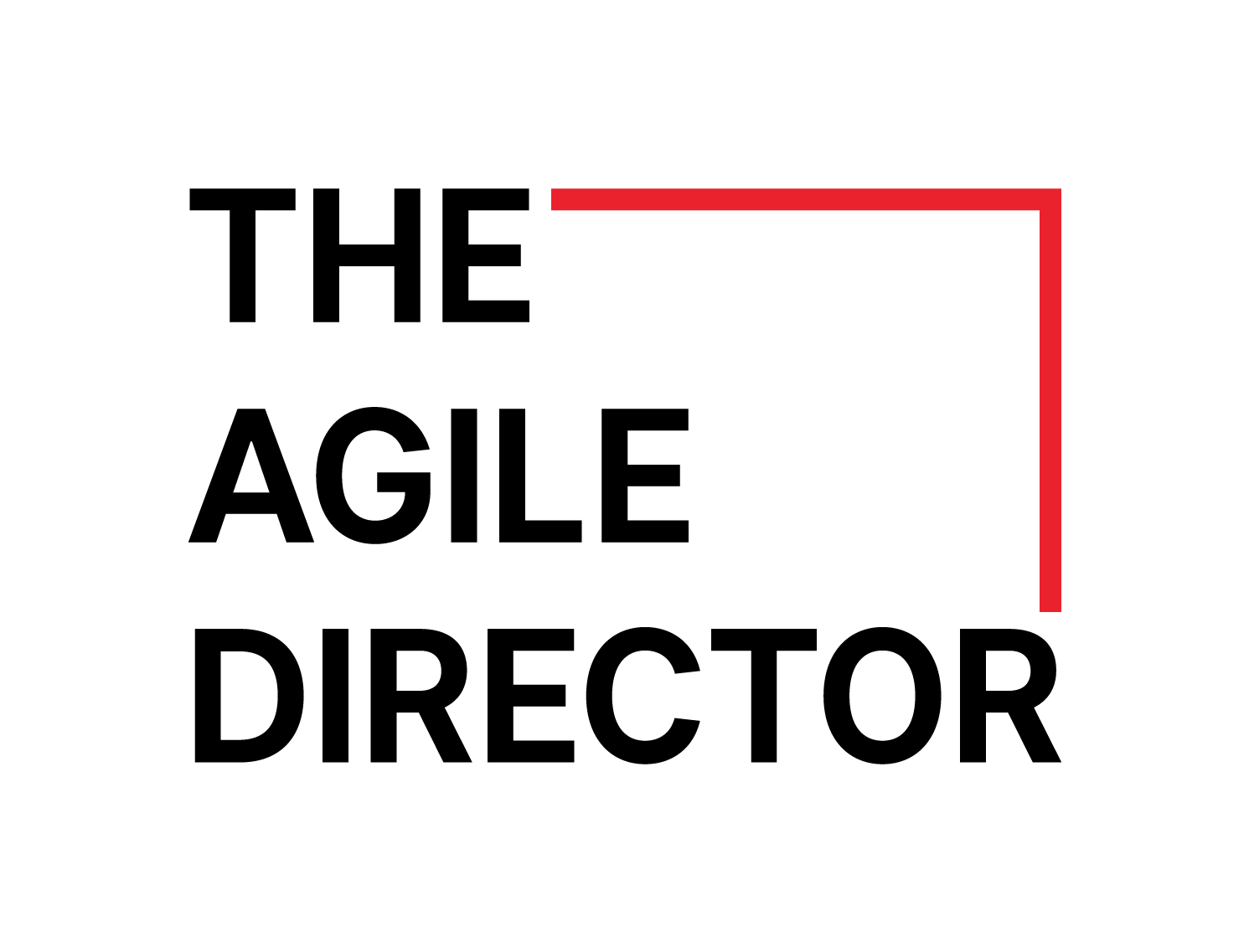
Purpose is finally being recognised as the foundation of a healthy governance approach with culture vital to sustainable success. But have you ever considered the risks of having the wrong purpose? Read on…
In the wake of the final report into the banking Royal Commission, many financial services organisations are focused on understanding the recommendations, how to respond and how to make positive change. But the message around Purpose and Culture has resonated much more widely. At Global Governance we believe that everything starts with Purpose.
The Hayne report names culture, governance and remuneration as ‘the issues that lie at the centre of what has happened in Australia’s financial services entities’[i].
“If what has happened in the past is to be avoided in the future, entities have no choice but to grapple with culture, governance and remuneration. All three are related…Positive steps taken in one area will reinforce positive steps taken in the others. Failings in one area will undermine progress in the others.”[ii]
Global Governance Initiative’s position is that an organisation’s Purpose, supported by a healthy Culture, is inextricably linked to its long-term business success and sustainability.
But it doesn’t simply end at Purpose. If you have a strong sense of your reason for being as an entity, it can help to act as a foundation for building a strong strategy. The other advantage of a well defined purpose is that you can test your big decisions against it: ‘Does this big strategic decision we face align with our purpose?’
“Authentic purpose is pivotal to the success of an organisation’s strategy”
– GGI Founder and Managing Director Brad Sherringham.
“Given the identification of where the banking industry needs to focus its attention – and the way that other sectors are extrapolating meaning and direction from the report, it’s surprising that many organisations already have a purpose. But the key is having the right purpose – and then ensuring it is nurtured.”
“An organisation that announces a purpose, but then finds that the words and behaviours of management fail to align to that purpose, is opening itself to inconsistencies of culture and conduct. The hypocrisy will not go unnoticed – stakeholders will be critical, employees will slip into cynicism and value is destroyed”
And it’s this, according to Sherringham, that is giving rise to a flurry of activity as boards and their executive teams work to reset their priorities, define an authentic purpose and attempt to rebuild their culture in response to the Royal Commission’s recommendations.
“Defining your purpose – why you exist – is an absolutely vital step in building a positive culture where values are understood and aligned, and there is no room, and certainly no tolerance, for misconduct.
The risks of winging it
In his report, Commissioner Hayne also highlighted that organisations that focus only, or predominantly, on profit do so at the risk of culture, conduct, inappropriate executive remuneration schemes and a range of broader issues.
While Commissioner Hayne has highlighted this, the proposition is not a new one.
Five negative impacts of a weighted focus on profit have been identified in the past:[1]
- An inappropriate focus on the short-term that prevents businesses from investing in innovation to foster long-term sustainable growth;
- Potentially (and paradoxically) sub-optimal returns to shareholders;
- Narrowly focused remuneration schemes that result in excessive executive pay;
- Increase of inequality, in part due to the failure to translate corporate profits into increased salaries across the firm; and
- A range of other negative social and environmental externalities including the global financial crisis and climate change.
Sherringham says that no organisation is immune. Without a clear purpose and adherence to it, many organisations – even not-for-profits – have seen a ‘mission-drift’ due to pressures for greater scale, financial sustainability and professionalism.
“We’ll be seeing a lot more evidence of this, and scrutiny of not-for-profits – in the Royal Commission into Aged Care so the awareness and recognition of the central role of an authentic and meaningful purpose is only going to gain momentum.”
Want to know more about Purpose and where to start? You might want to consider GGI’s online Purpose and Culture course, developed by the industry’s best governance facilitators. All six courses in the Governex governance program can be complete anywhere, any time, on any device you choose.
GGI’s purpose: To ensure all businesses, regardless of size or financial ability, have access to leading governance tools and resources to support performance.
[1] The Purpose of the Corporation Project
[2] Royal Commission into Misconduct in the Banking, Superannuation and Financial Services Industry, 1 February 2019, 334.335


